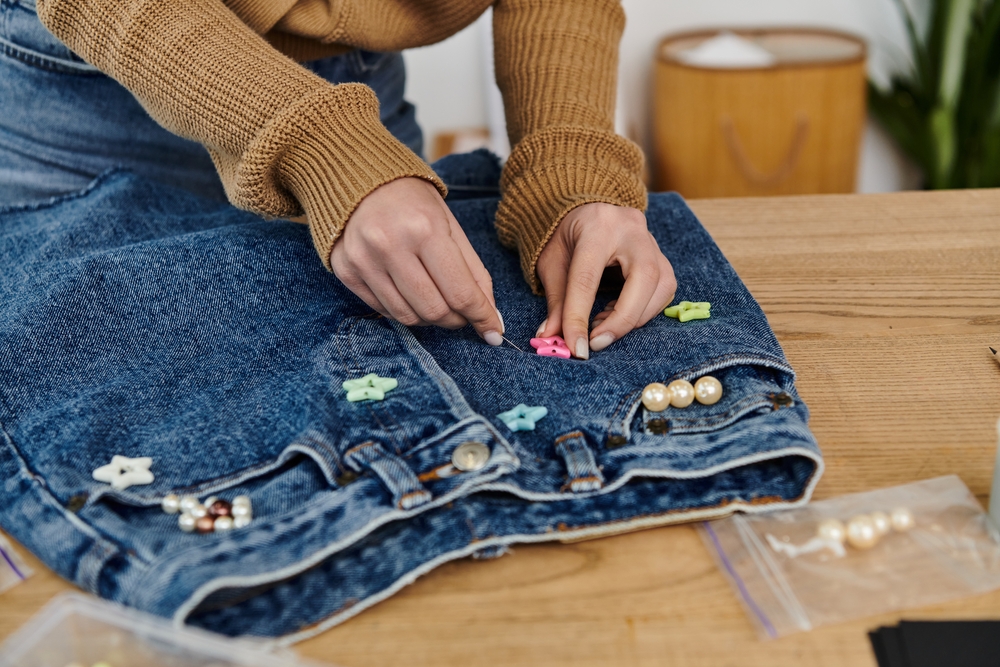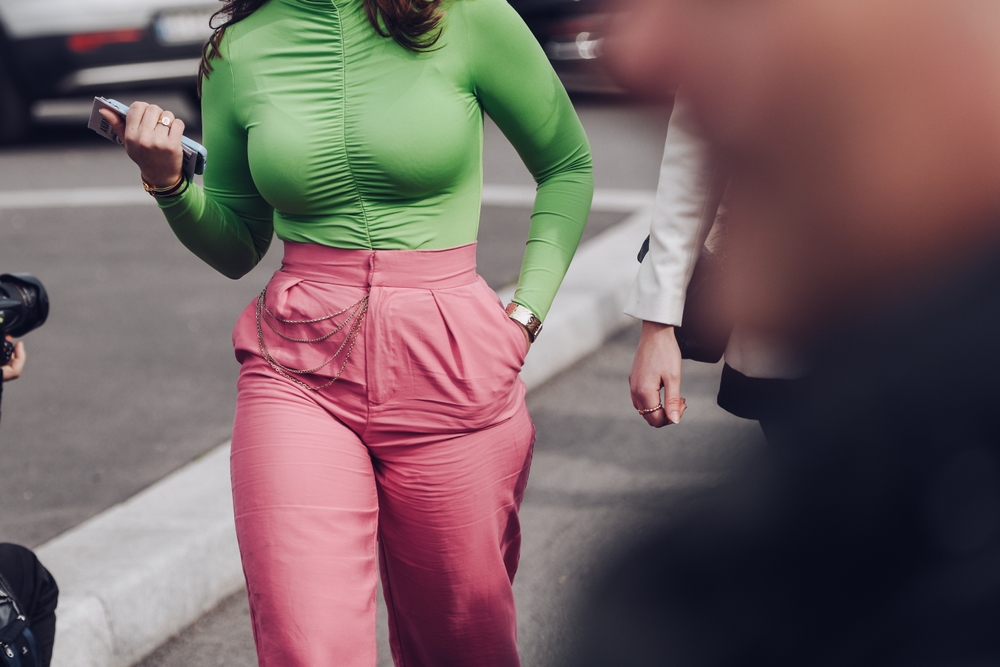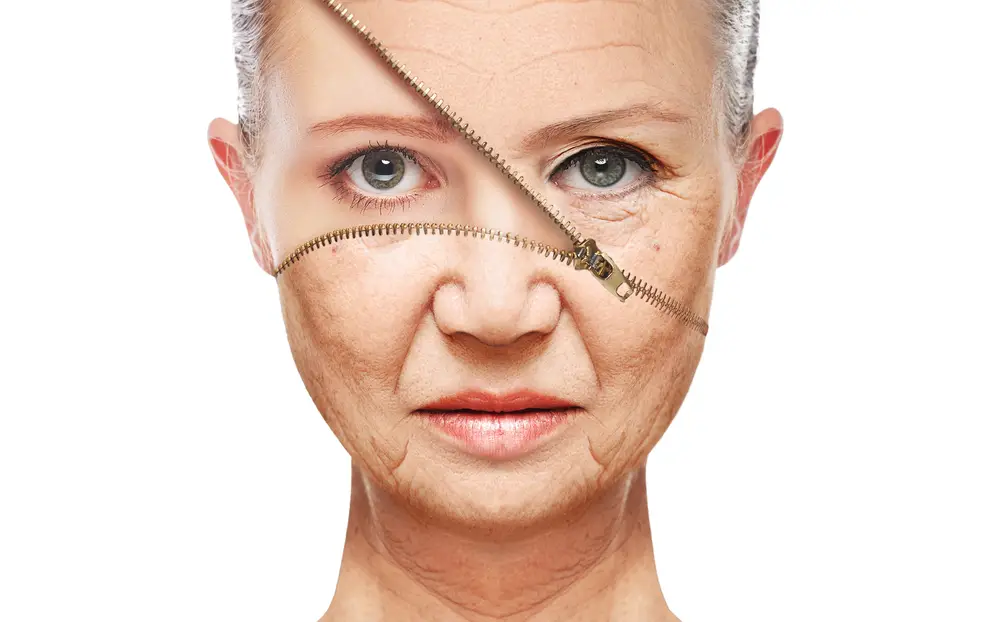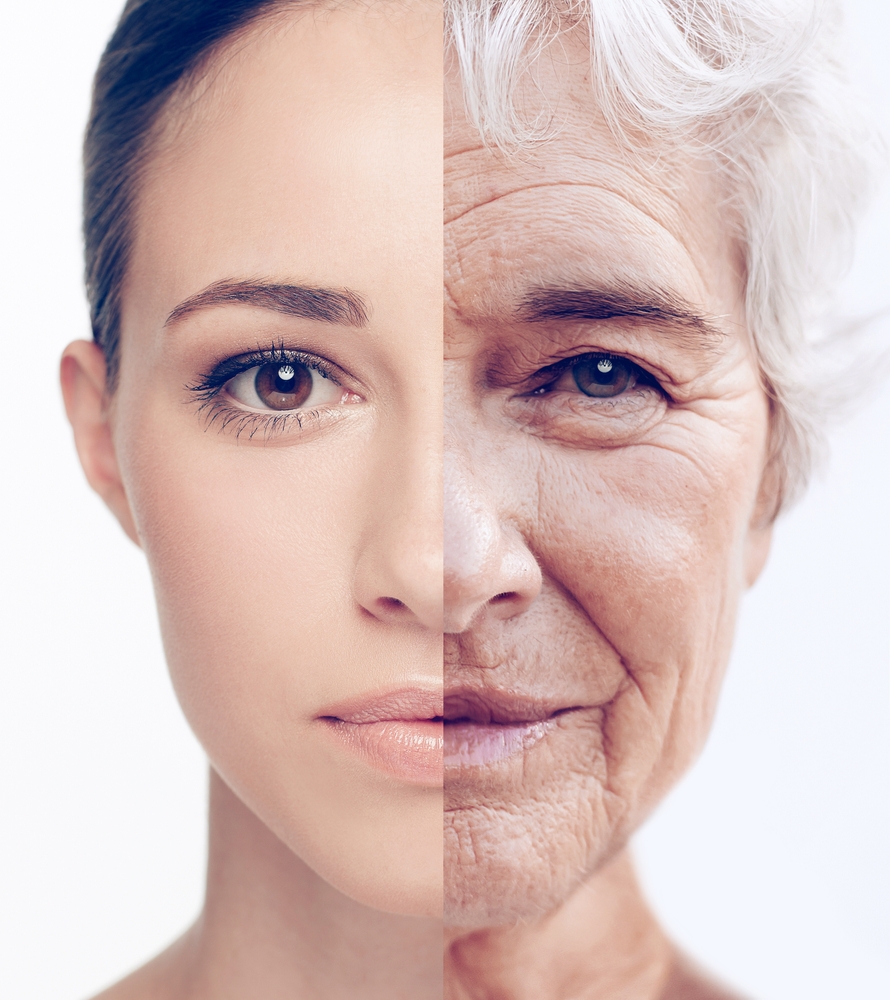In the digital era, social media has woven itself into the fabric of our daily lives, offering invaluable ways to connect and stay informed, especially on the latest fashion trends. However, its influence also casts shadows that can plummet our confidence and impact our mental well-being. Here are all the ways social media is sabotaging how you feel about yourself and your personal style.
1. You Compare Yourself and Your Style to Others
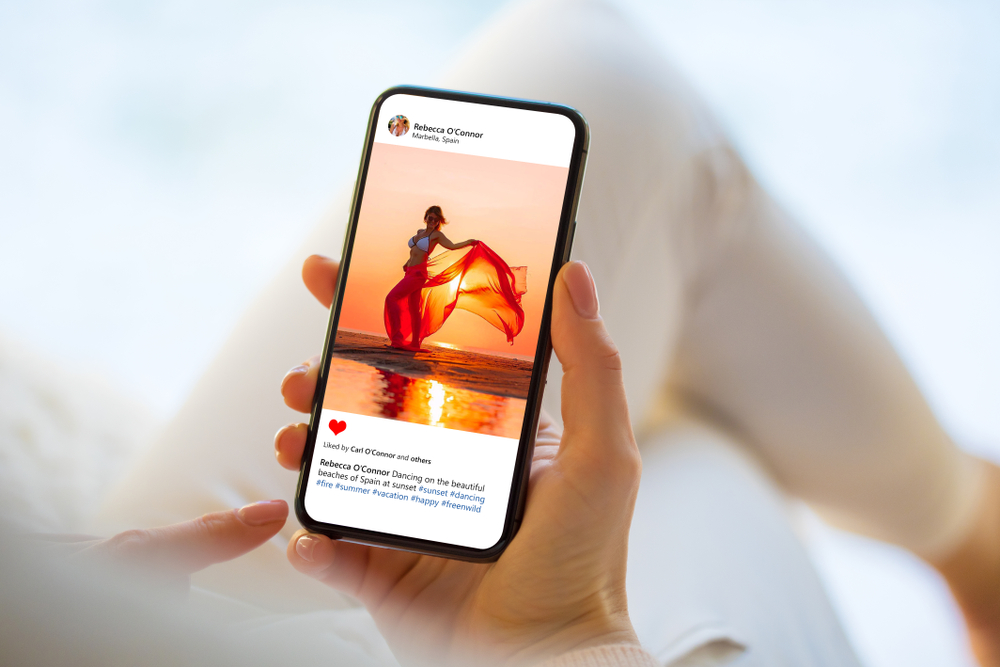
Social media thrives on curated snapshots of idealized lives, unattainable styles, and distorted reality. Constant exposure to these seemingly perfect portrayals of a killer body and an enviable expense fashion pieces can foster feelings of inadequacy and lower self-esteem. The urge to compare your life to these filtered versions can trigger anxiety and depression, making your own experiences seem less significant.
2. You Experience Envy and Self-Doubt
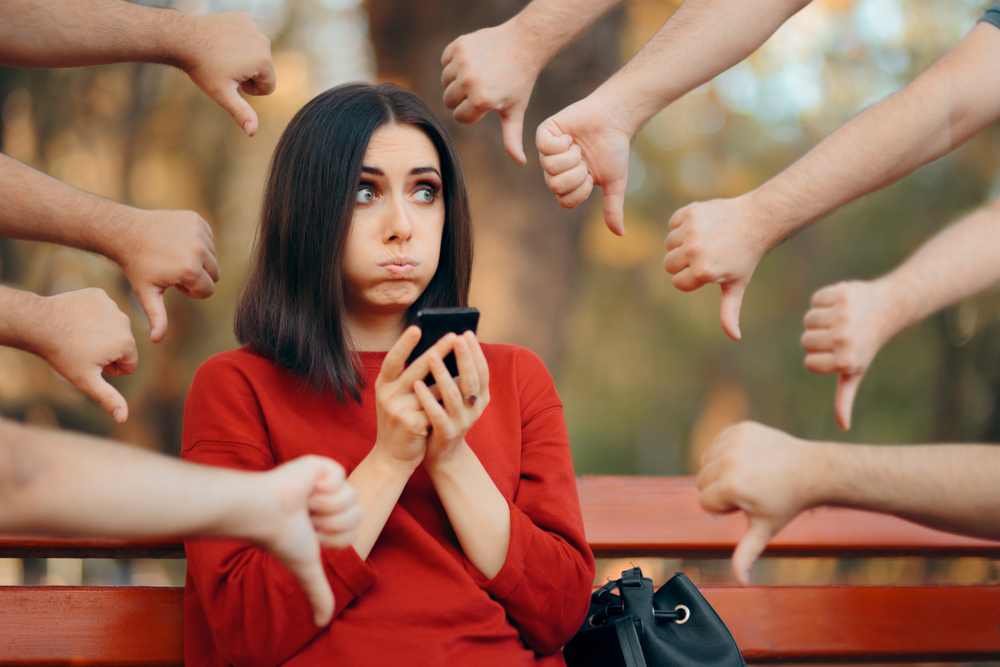
Witnessing friends’ highlight reels can spark envy and self-doubt. When you see others achieving milestones, wearing the latest designer looks, or enjoying luxurious lifestyles, it’s easy to feel left behind or less accomplished. This deepens feelings of inadequacy and self-doubt.
3. You Have a Fear of Missing Out (FOMO)
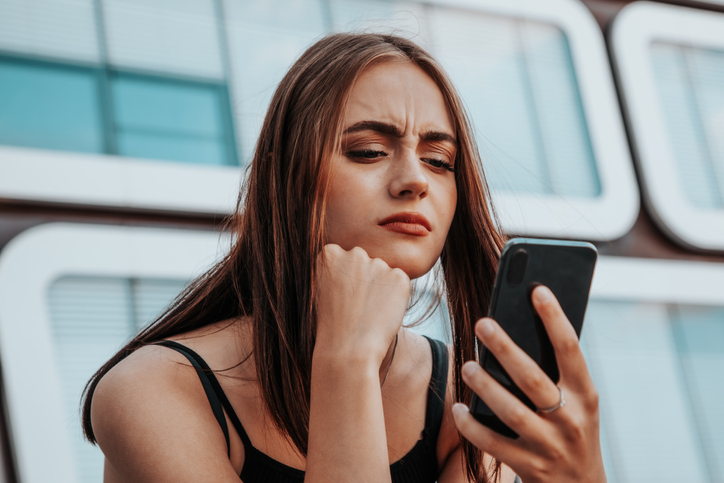
Regularly scrolling through posts about friends’ activities and witnessing them at glamorous social events or on fancy vacations can stoke a persistent fear of missing out. This fear can lead to compulsive social media use, fostering loneliness and anxiety as you worry about not being part of the social scene.
4. You Shop, You Don’t Sleep
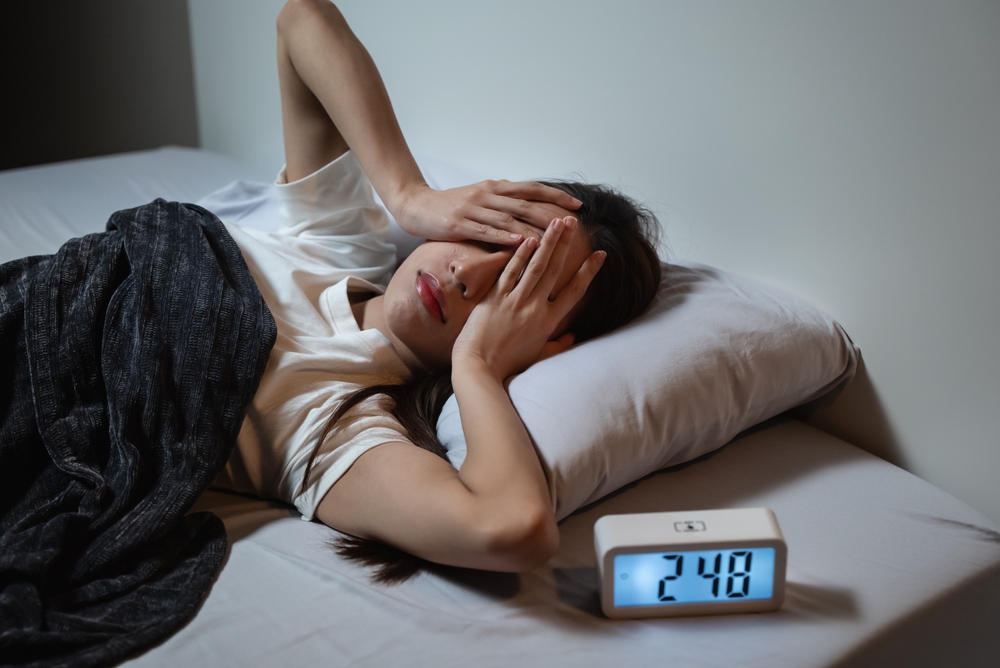
It’s become too easy to take our style cues from well-meaning fashion influencers or stay up late on our phones shopping for new pieces. The blue light from screens can interfere with your sleep patterns, making it harder to fall asleep and diminishing sleep quality. Scrolling through social media late into the night can exacerbate sleep issues, which are closely linked to increased anxiety and depression.
5. You Feel Pressure to Keep up with Latest Trends

Constant exposure to the latest fashion and lifestyle trends can intensify desires for material possessions, impacting your sense of self-worth. The pressure to keep up with trends and maintain an unrealistic image can lead to stress and dissatisfaction with your own life and image.
6. You Develop a Negative Body Image
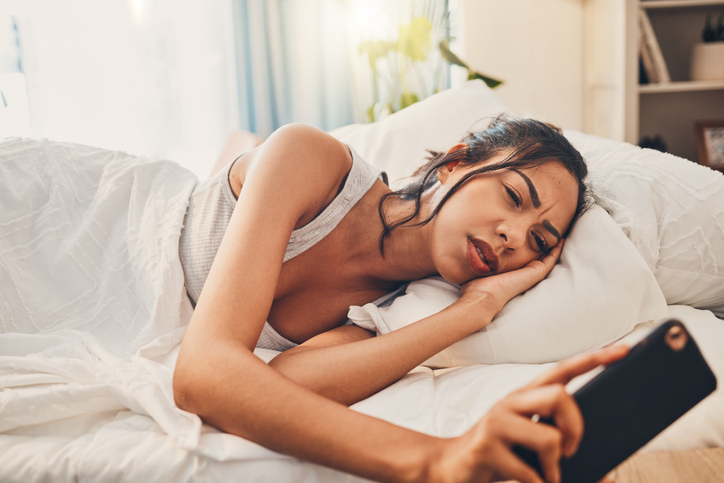
Edited and filtered images on social media can distort perceptions of beauty and what normal bodies look like. Looking at pictures of rail-thin models can lead to negative body image and self-esteem issues. This is particularly harmful to young users, increasing the risk of eating disorders and depression.
7. You Limit Real-Life Interactions
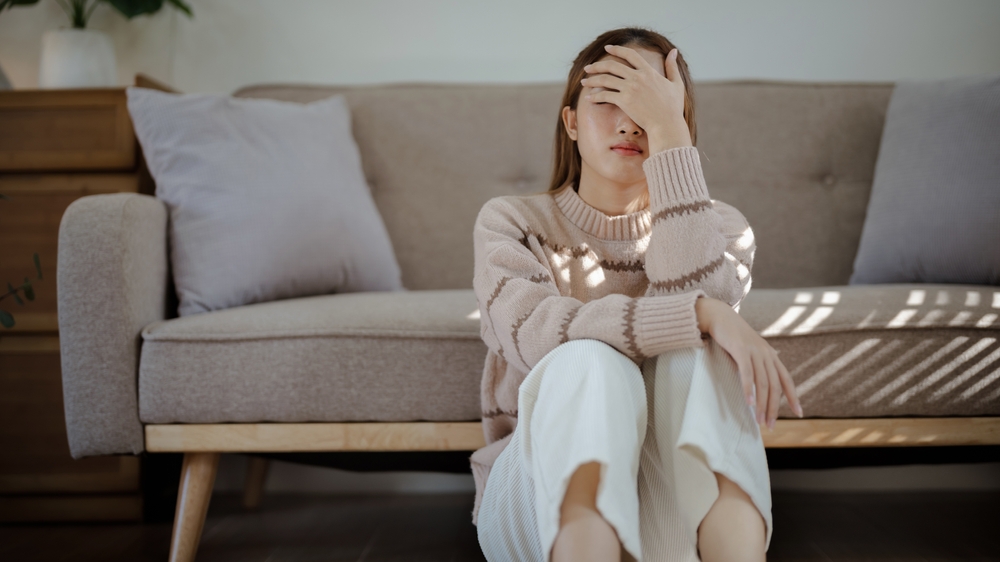
Spending excessive time doomscrolling on social media can diminish face-to-face interactions, leading to feelings of isolation and loneliness. The lack of genuine social engagement can erode your sense of connection and contribute to mental health challenges.
8. You’re Bombarded with Unrealistic Beauty Standards

The pressure to emulate unrealistic beauty standards or master tricky skincare and makeup techniques promoted on social media can be overwhelming. Struggling to meet these standards can lead to frustration and diminished self-esteem, impacting your overall mental health. We are all beautiful in our own way and remember none of what you see is real.
9. Your Reality Becomes Distorted
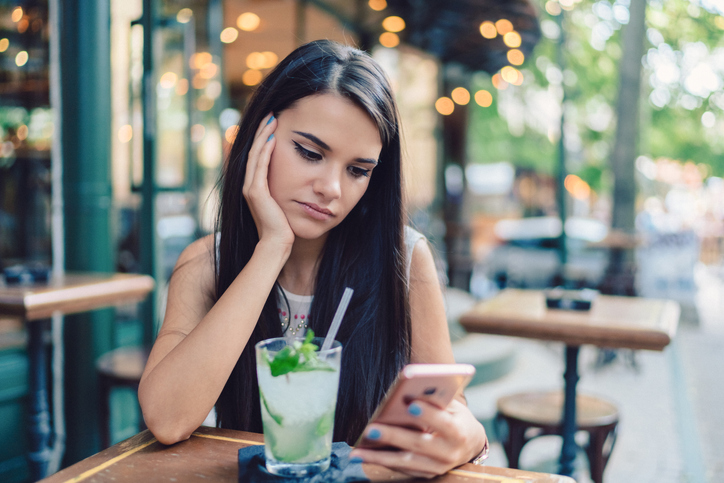
Social media often showcases only the highlights of people’s lives, creating a skewed sense of normalcy. This can lead to feelings of inadequacy as you compare your everyday struggles to others’ curated successes and fabulous lifestyles. Remember, it’s all fake.
10. You are Overloaded with Influencers and Information
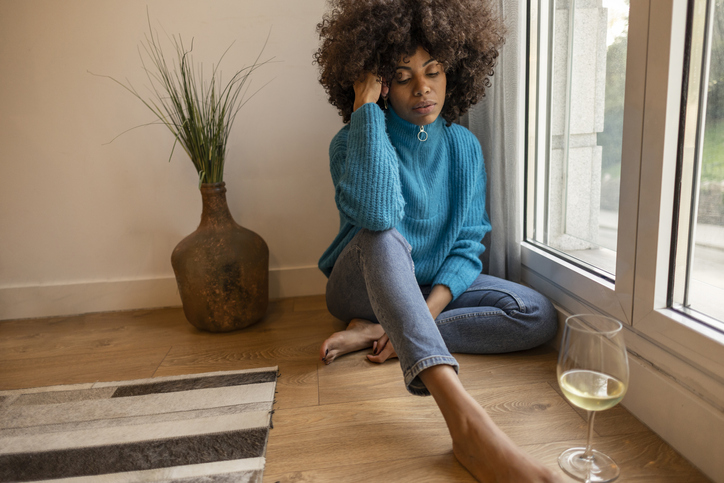
The relentless stream of information on social media can be overwhelming, leading to cognitive fatigue and stress. The pressure to stay updated on trends or emulate the wardrobes and styles of influencers can contribute to anxiety. This constant influx of news and updates feels unmanageable and robs you of your time and joy.
11. You’re Overexposed to Negatie News and Style Myths
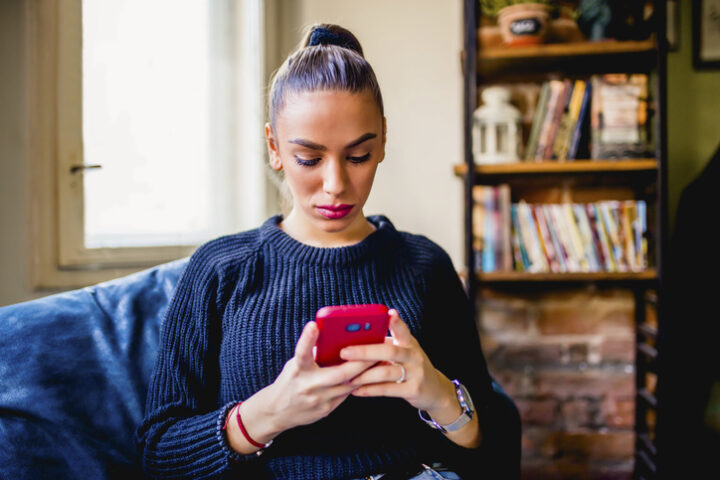
Regular exposure to distressing news stories and even well-meaning style and beauty information and advice can foster a pessimistic outlook and heighten anxiety. Social media is rife with misinformation and fashion, beauty, and wellness myths, which can skew your perception of the world and yourself. This also leads to increased stress, despair, and confusion over what you should and shouldn’t be doing and wearing.
12. Your Attention Span Suffers
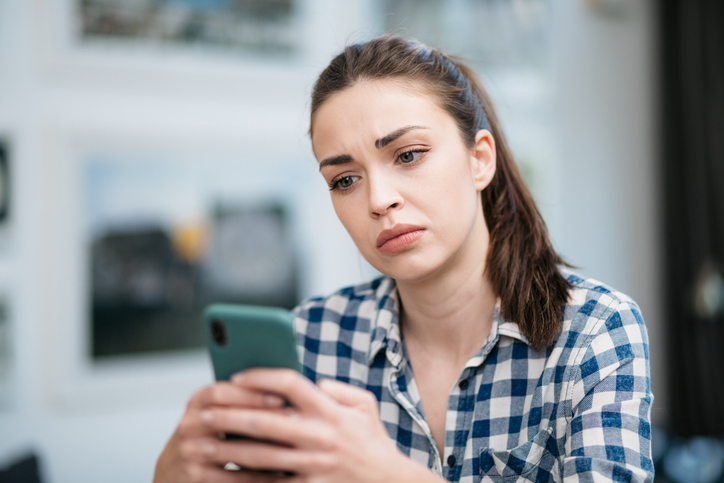
The rapid-fire nature of social media content can impair your ability to focus on longer, more meaningful tasks. This reduction in attention span can lead to frustration and stress as you struggle to maintain concentration on important activities. Put that phone down.
13. Your Relationships Become Strained
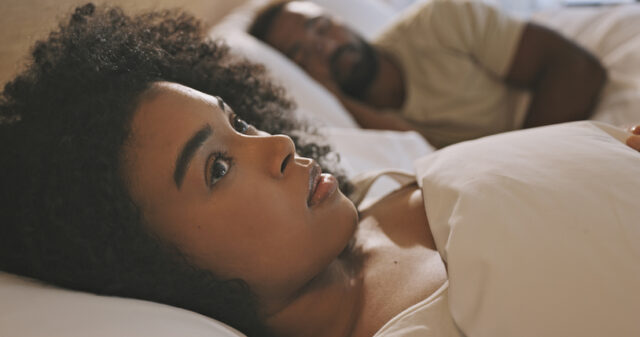
Social media can strain relationships through misunderstandings, jealousy, and conflicts. Public disagreements and perceived slights can create tension, impacting your emotional well-being and leading to relationship-related stress. Spending too much time on your phone also takes away from quality time with your partner, friends, and family.

